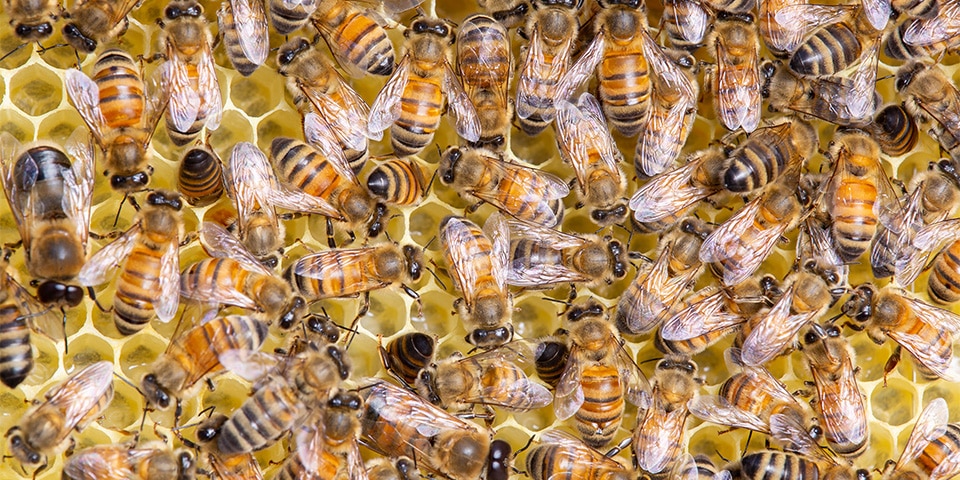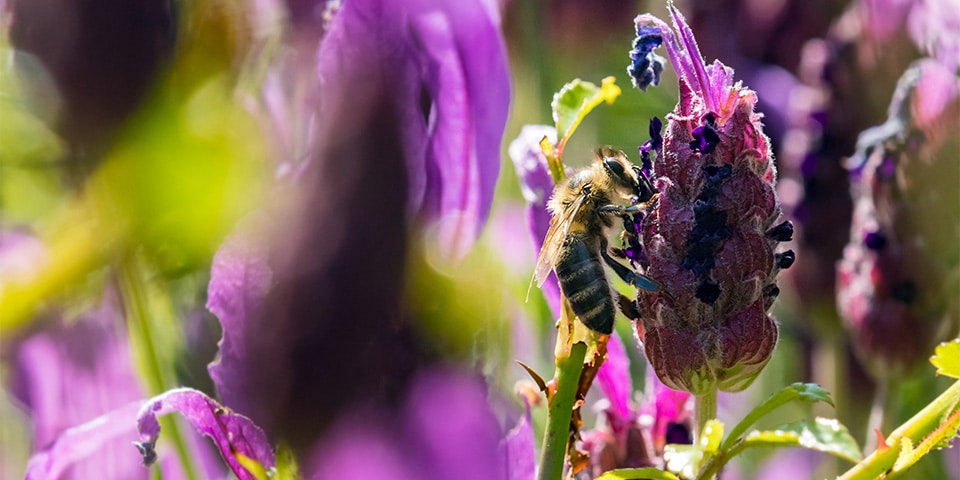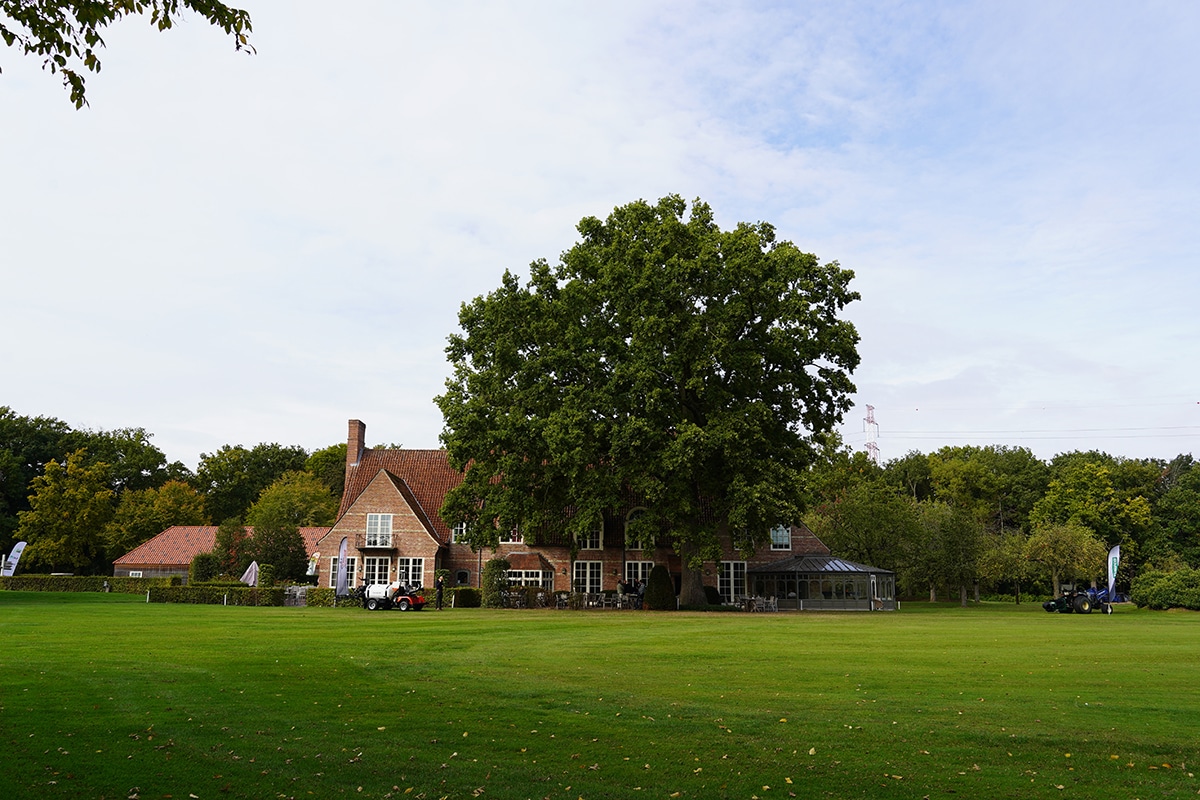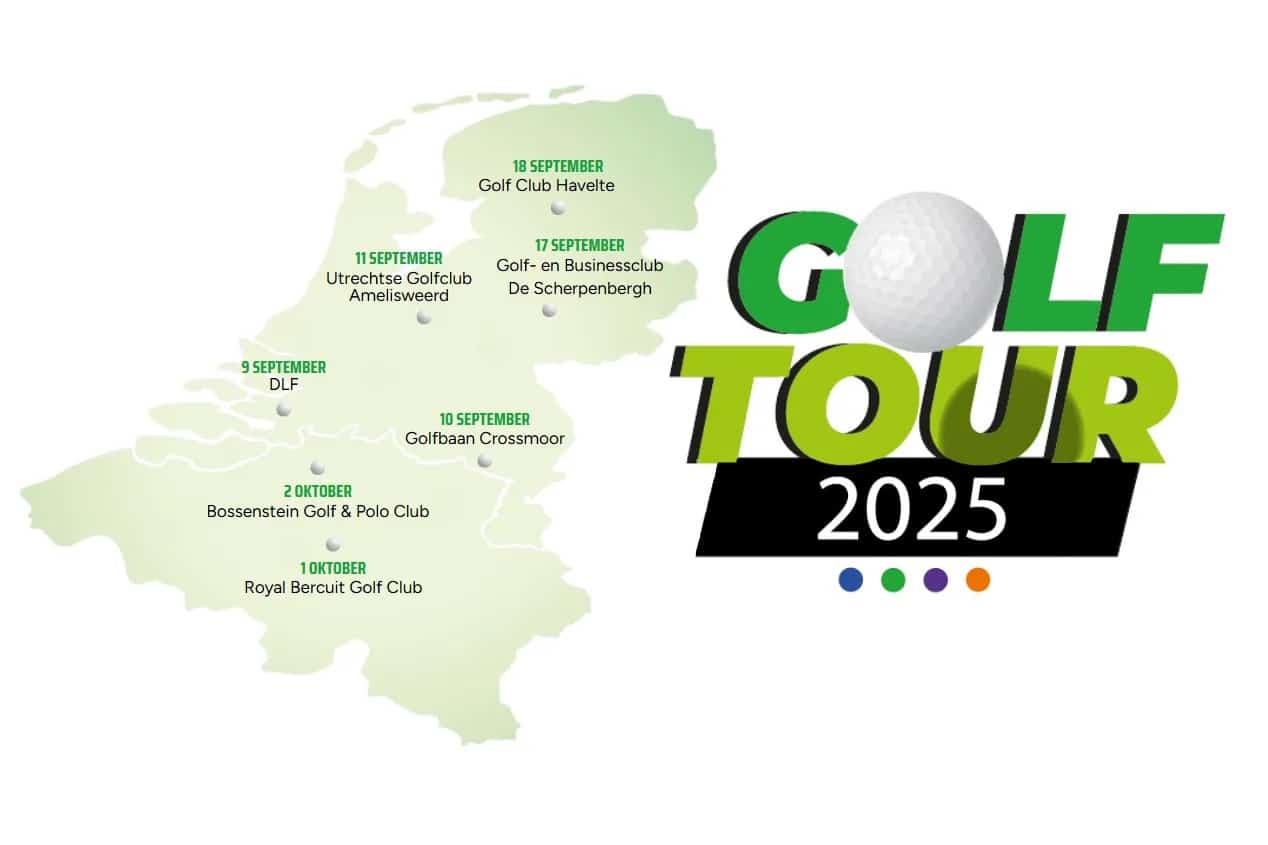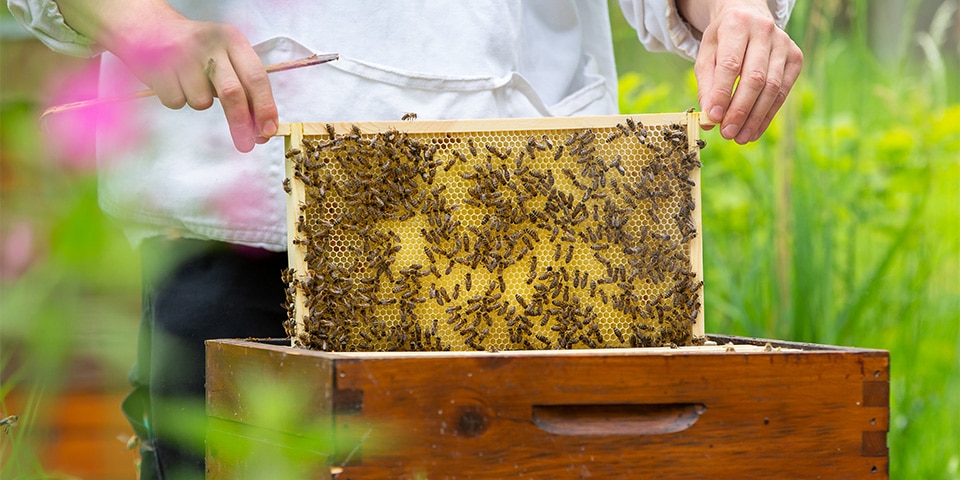
Bees are vital to human survival
Although the above title will seem somewhat apocalyptic to some, there is much truth and common sense in it.
After all, bees make up the largest population of pollinators. Without bees no pollination and without pollination no plant food. It's as simple as that.
In recent decades, the bee population came under severe pressure on a global scale, due in part to a reduction in biodiversity that made less food available to them. A second reason lies in the increasing use of pesticides. If we want to save the bees, and by extension our world, a number of drastic measures are pressing.
International Concerns
In recent years, some laudable initiatives saw the light of day. These include the recent European citizens' initiative "Save the Bees," which received the green light from the European Commission this summer. The latter is committed to examining concrete actions to increase biodiversity and adequately protect the bee population. This is on condition that 'Save the Bees' can collect at least 1 million signatures.
Flowered highway verges
An initiative like "Honey Highway" also deserves our unconditional support. The aim here is to transform the verges of European freeways into flower meadows. Not only does this look beautiful, the inherent biodiversity will also ensure that bees have more and better sources of food at their disposal. The end goal is a continuous, flowered highway network from the far north of Europe to the far south. But beekeepers also have an important role to play in this story, albeit rather locally. Their numbers have increased exponentially in recent years and some 99 % of them are hobbyists, which means there is no shortage of drive and enthusiasm.
Knokke, the place to bee
Things are also moving in our own country. In Knokke-Heist, for example, a lot of initiatives around biodiversity and bee welfare have taken shape in recent years. Spurred on by Mayor Leopold Lippens, this even earned them the title of "most bee-friendly municipality in Flanders" in 2015. These and future projects in the seaside town are set up in collaboration with 'BeeOdiversity'. Since 2011, Knokke-Heist has also been supporting local beekeepers. The BeeOdiversity project already includes ten bee colonies in Knokke-Heist to ensure the future and health of over five hundred thousand bees. Furthermore, fifteen bee-friendly gardens have so far been laid out and 20,000 m² of flower meadows have been created on the public domain. Five of the Knokse flower meadows are even in the European top ten. Furthermore, the construction of therapeutic flower gardens around municipal residential care centers is on the agenda and information points such as the bee hall in the flower garden at the Wulpenhoek water basin and the honey bee center near CC Scharpoord provide valuable information about the needs and life of bees.
Social responsibility
BeeOdiversity is a company based on social entrepreneurship, which develops projects and provides advice to promote biodiversity, more specifically through bees. Their actions and research focus on the evolution of the health status of bee colonies, on the quality and availability of nutritional resources for bees, on biodiversity in the broadest sense, and on identifying sources of pesticides and reducing the latter through awareness-raising actions among all stakeholders, own population, visitors and farmers. The results are already encouraging. Pesticide use in the region is decreasing. The bee-friendly plantings of 2016 and 2017 and the efforts of the agricultural sector and over six hundred individuals are currently providing enough high-quality food, especially pollen and nectar, for the populations of bees and wild bees present. If everyone continues in the same vein, local bee populations will reproduce well and their and our future is assured.
